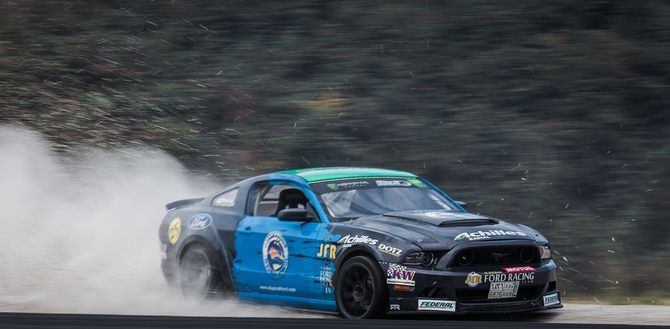Hollywood has a continuing lack of originality with sequels and remakes being the norm, catering for the lowest common denominator. Max Langer explores how South Korean director Joon-ho Bong steals the blockbuster format to comment on environmentalism and its place in the modern world.
The director Joon-ho Bong started his career directing films in his native South Korea. However, with Snowpiercer (2013) and Okja (2017) he has successfully made the transition to creating intelligent western blockbusters.
Snowpiercer follows a society living in the aftermath of an apocalyptic climate event where all life has been destroyed. The remnants of humanity live on a train that continuously travels around the world, with people split in to the literal classes of the train.
With this world established, Joon-ho treats the train as almost a social experiment, with classes battling one another for control. But, on top of this class upheaval he is able to probe how society might react to extensive climate change. Not that we will all end up on a train, but might society shift even further to a system of haves and have-nots? And, will we bounce back?
By exploring viewpoints through the lens of these protagonists Joon-ho can approach challenging topics without alienating his audience.
Joon-ho followed up the critically acclaimed Snowpiercer by signing a deal with Netflix to direct Okja, a quirky science fiction drama. Having made waves on the festival circuit due to it’s online release, it then received largely favourable reviews and continued Joon-ho’s interest in challenging the ideals of modern society.
The film is much blunter with its approach to environmentalism than Snowpiercer, following a young farmgirl and a band of animal-rights activists as they try to rescue Okja, a ‘super pig’, which is supposed to be the answer to world hunger.
Throughout, the film is very honest with it’s view towards the environment, deriding slaughterhouses, animal testing and genetic modification. However, rather than exploring the societal reaction to climate change, as before, Joon-ho focuses in on a corporation’s greed and exploitation of the environment. In fact, the public are almost infantilised, not questioning what is put in front of them, turning a blind eye to the cruelty behind the meticulously marketed facades.
Both films take strange premises, a post-apocalyptic train journey or a genetically modified super pig and use them to comment on economic and environmental issues. Badly handled this could devolve in to a mess, but Joon-ho is able to keep the balance through some simple decisions on how he tells the story.
The larger environmental problems within the story world are largely ignored. Instead, Joon-ho imitates Hollywood, telling a personal story about the protagonists, sweetening what is otherwise the bitter pill of environmentalism. In Snowpiercer we follow a lower-class revolutionary and in Okja a child who doesn’t want to lose their friend.
the films manage to be both enjoyable to watch and raise questions about how we care for and adapt to our environment
By exploring viewpoints through the lens of these protagonists Joon-ho can approach challenging topics without alienating his audience. By stealing the best bits from Hollywood and mixing it with cerebral world building, the films manage to be both enjoyable to watch and raise questions about how we care for and adapt to our environment.
Over many years Hollywood has perfected the blockbuster, refining it to extract the most enjoyment and profit. Joon-ho Bong has shown that it can also be used to say so much more.









